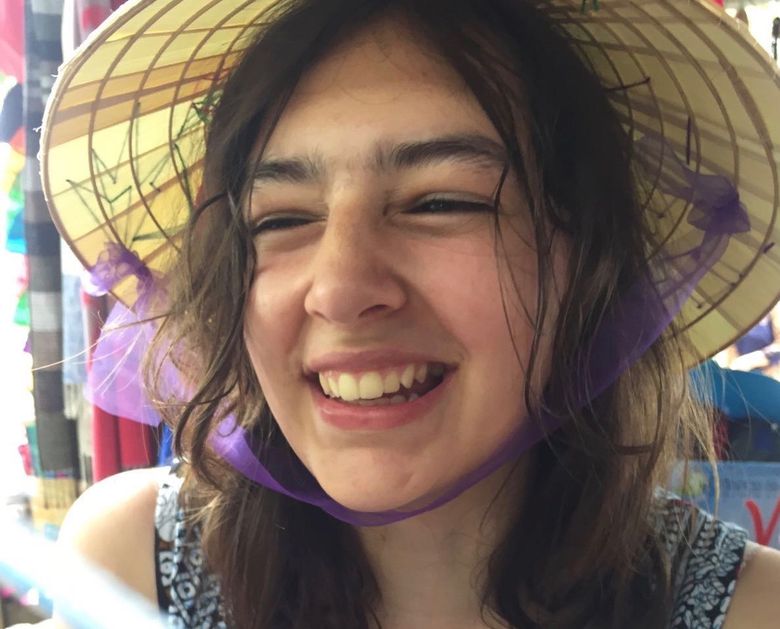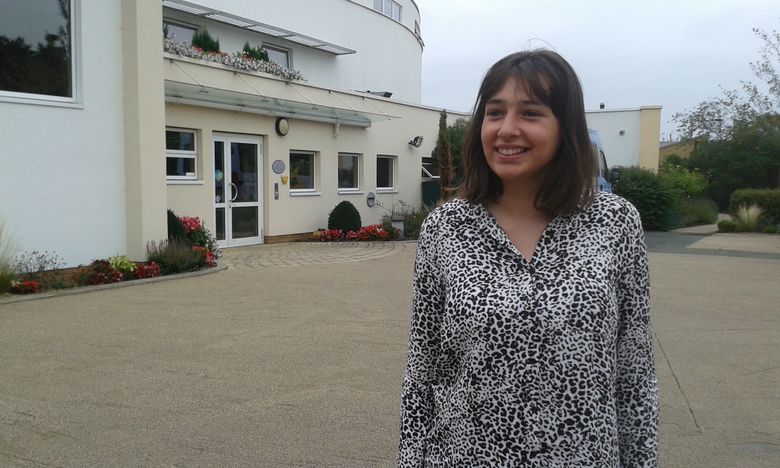Ruby
Ruby was born in 2001. She had her first seizure aged 7 months and was diagnosed with Dravet Syndrome at 10 months old. Ruby has had fantastic seizure control since the age of three, but has severe learning difficulties and sensory integration and, in the past, had behavioural issues.
When Ruby was three years old, her mother Rita felt like she was at breaking point. With a new baby and her husband, Justin, working overseas three to four months of the year, Social Services awarded her 19 nights respite. A respite centre was available locally where a child can stay overnight. However, Rita and Justin were uncomfortable with that arrangement, as Ruby was still very young. Instead, Social Services found a ‘link-family’ that would provide respite for 19 nights a year.
They met with four families, each of which required three to six months of build-up meetings, gradually leading up to the first overnight. The first two families were not able to cope with Ruby, and unfortunately the third and fourth families retired from providing respite after 12 months each. Ruby’s family found the whole experience disjointed and inconsistent.
In the meantime, the Shooting Star Hospice awarded the family two weeks of respite a year. This was a wonderful, safe environment which Ruby enjoyed and a place the family could stay if they felt the need to.
As the ‘link-family’ programme had also concluded, the family was put on their local councils ‘Direct Payments’ scheme. They have now been on the scheme for seven years and are currently receiving 12 hours respite per week.
With this arrangement, they are able to choose their own carers and pay for them directly using the money from the council. They also have enough money left over for other activities such as Ruby’s weekly horse riding for the disabled, a gym membership for her and a carer, music lessons, trips out and occasionally for a piece of equipment, like a bike. They also use the respite money to pay for family activities that are specially adapted so that Ruby can join in, such as Surfing for the Disabled and Abled in Cornwall.
Direct Payments have also allowed the family to have a carer to look after Ruby when they need time-out to do ‘ordinary things’, such as taking their youngest child out with her friends, or having a peaceful meal without worrying about Ruby’s behaviour or the possibility of a seizure. Rita said: “the Direct Payments respite programme works very well for our family, as it gives us control and allows us to spend the money in ways that best help Ruby.”

